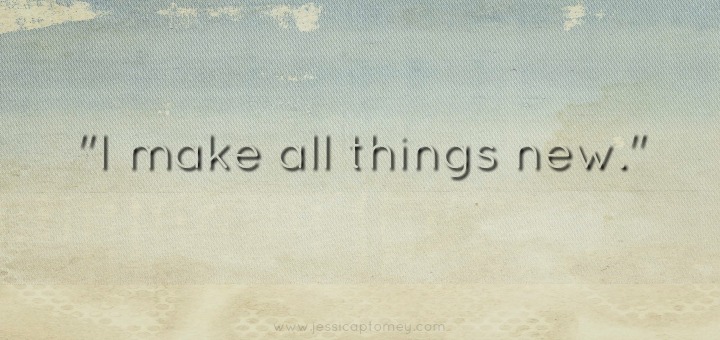
Wonderful things often happen when few know they are taking place at that moment. That night in the Bethlehem stable was certainly the greatest of these. Quietly, in the solitary presence of Mary and Joseph, our savior came into our world.
Inns at max capacity and homes full of people slept on obliviously. Kings and rulers in palaces were none the wiser. Only a select few were given the gift of knowing the good news soon after. Humble, ordinary shepherds on a hill heard the angelic announcement that the Shepherd of Souls, from the line of the shepherd-king David, was born. Three kings followed a star that would lead them to the One who sits on the eternal throne.
But at first it was just the Holy Family. Christ’s birth came silently and privately. The great joy of the coming of the Promised One was realized first by this chosen couple. It was intimate and personal, the opposite of the birth of any earthly king.
I had been meditating through Advent this year, and now through this joyous Christmas week, on how the coming of Christ in our hearts, daily, is meant to be the same quiet, intimate, personal experience. He comes to us in our humility. It is not a fanfare on display to the world around us; it is the precious, private stillness of His presence in the mangers of our souls.
What is of course miraculous is that this is accomplished simultaneously in every heart. His coming to each of us is so personal; it is always our own quiet moment, like a mother’s singular embrace of her baby right after birth. The crowds don’t know what happens here; no loud announcements have yet been made. He just comes to us individually, lighting our darkness, filling us with joy. And then, it is our lives that become the proclamation. We become the angels on the hills; we become the star that shines the way. But it is humble beginnings; it is an intimate initial encounter.
During this Christmas week, seek the quiet, humble stable. Look for His birth in your hearts with new eyes and new appreciation for the intimate and personal way that your savior comes to you. It’s a manger of hay; it’s a cross of wood; it’s through simple bread and wine. It’s in the broken human heart. He comes and transforms us, and once transformed we transmit His glory and radiance to the world around us.
This truly is the wonder of Christmas: Emmanuel, “God has come to be with us.” He has come individually, personally, to each of us. Embrace the quiet coming of your king. Delight in it. He has come to be with you.
Copyright 2019 Jessica Ptomey



